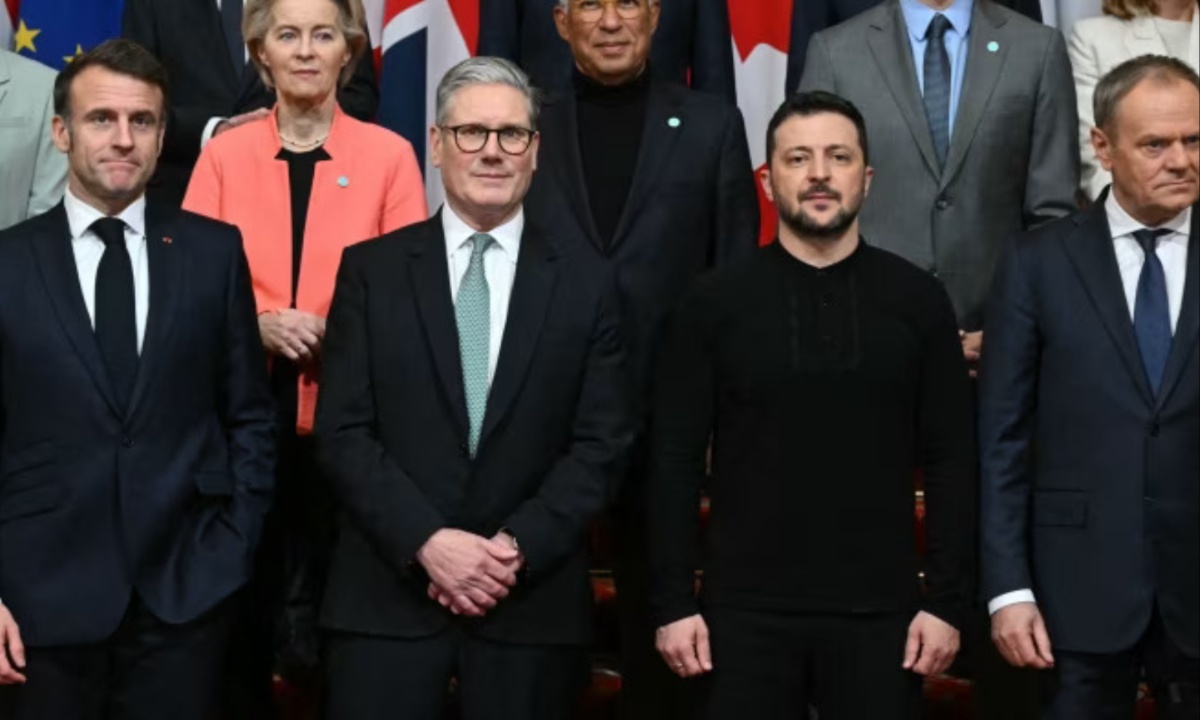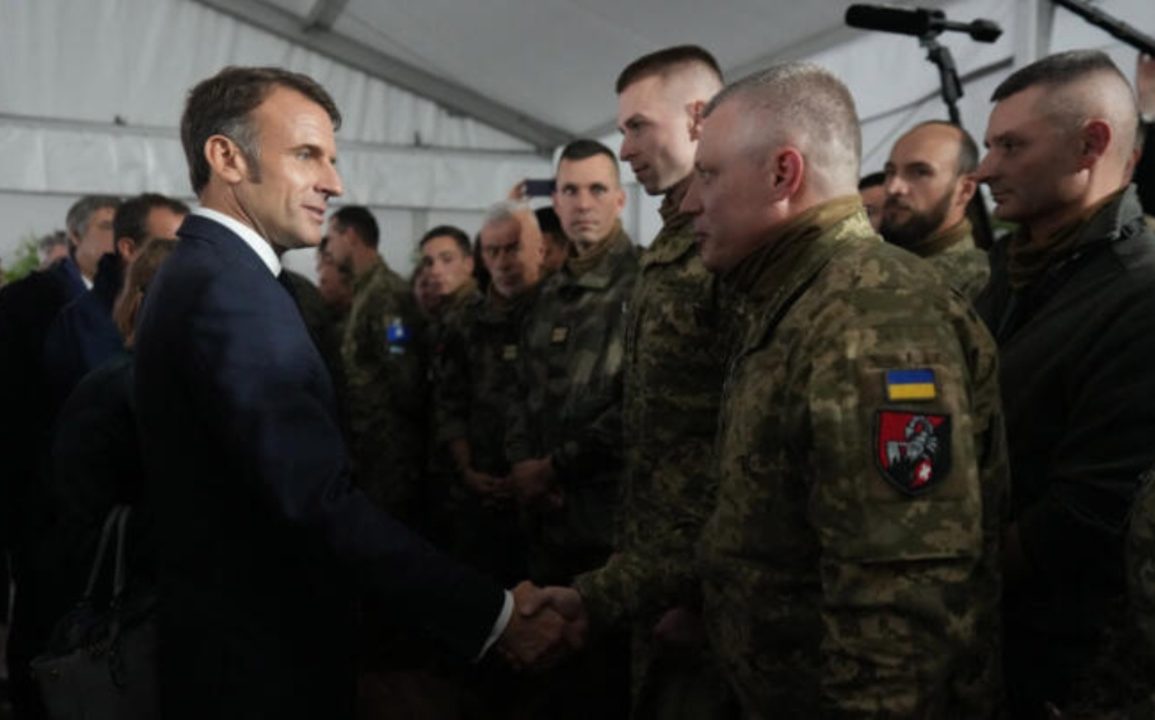On Saturday, the leaders of Britain, France, Germany, and Poland arrived in Kyiv to meet with Ukrainian President Volodymyr Zelenskiy. This visit marked the first time these four leaders traveled together to Ukraine. Their presence was seen as a show of solidarity just a day after Russian President Vladimir Putin hosted a Victory Day parade in Moscow, celebrating the Soviet Union’s triumph in World War II.
The European leaders were in Kyiv to discuss potential diplomatic solutions to the ongoing war in Ukraine, particularly focusing on a proposed 30-day ceasefire. This initiative, backed by both the U.S. and European allies, aims to create a window for peace talks, with the possibility of imposing new sanctions if Russia rejects the proposal.
U.S. and European Ceasefire Proposal Faces Challenges Amid Rising Diplomatic Tensions
The central issue for discussion at the summit was a ceasefire proposal put forth by the U.S. and European nations. This ceasefire would last for 30 days, providing a platform for negotiating a lasting peace settlement. However, the proposal remains in a tentative stage, with a French diplomatic source revealing that the details have not been finalized.
If Moscow refuses the ceasefire, the U.S. and its allies are prepared to impose additional sanctions. This development comes amidst increasing diplomatic friction, particularly with U.S. President Donald Trump pushing for rapid peace negotiations and growing frustration over Russia’s reluctance to engage meaningfully in ceasefire talks.

The situation surrounding U.S.-Ukraine relations has evolved significantly. After initially clashing with Zelenskiy and temporarily reducing military aid to Ukraine, the Trump administration has gradually strengthened its ties with Kyiv. This shift culminated in a mineral resources deal between the two nations, though Trump has continued to express frustration with Russia’s failure to agree to a ceasefire.
Trump recently proposed a 30-day ceasefire and voiced readiness for its immediate implementation. Zelenskiy has also signaled his willingness to accept this ceasefire, but Russia’s official stance, conveyed by Kremlin spokesperson Dmitry Peskov, is one of cautious support, contingent upon certain “nuances” being considered.
Putin’s Victory Day Parade and Rising Tensions Shape Ceasefire Negotiations in Kyiv
The timing of the European leaders’ visit coincided with a major event in Russia: Putin’s Victory Day parade. The parade, marking the 80th anniversary of the Soviet Union’s victory over Nazi Germany, served as a message of defiance, emphasizing that Russia is not isolated on the global stage.
On the same day, European ministers expressed their support for a special tribunal to prosecute Putin and his officials for crimes of aggression, aligning with Zelenskiy’s condemnation of the parade. This backdrop of escalating international tensions and ongoing military operations underlined the difficulty of achieving a ceasefire or peace agreement.
As the summit unfolded, the U.S. embassy in Kyiv issued a warning about potential air attacks, heightening concerns about the security situation. Despite these risks, Ukrainian officials, including Zelenskiy’s chief of staff, Andriy Yermak, emphasized the need for a just peace and called for Moscow to agree to the ceasefire.
The European leaders were expected to pay their respects at a memorial for Ukrainian soldiers killed in the war, reinforcing their support for Ukraine’s sovereignty. In the days ahead, it is expected that a decision on the 30-day ceasefire will hinge on Russia’s response. German Chancellor Friedrich Merz, reflecting on the situation, stated that the decision now rests entirely with Moscow, as only Russia can determine the future of the ceasefire and peace talks.


